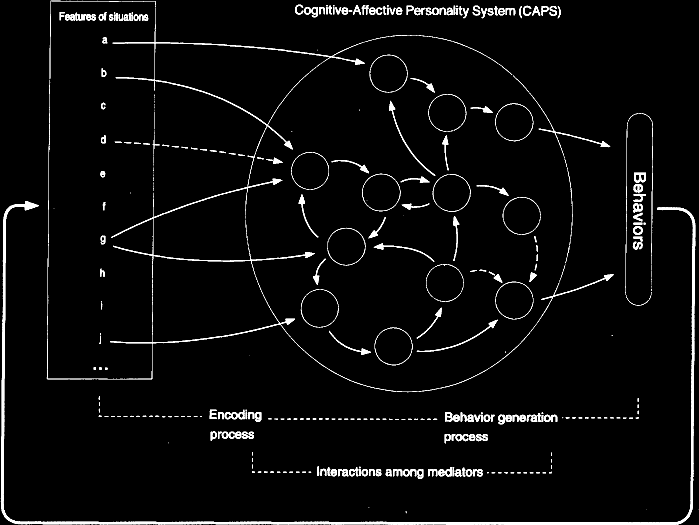Hylomorphism and Mind-Body Problems
Mind-body problems are persistent problems in understanding how thought, feeling, perception, and other mental phenomena fit into the natural world described by our best science. Hylomorphists take mind-body problems to be symptomatic of a worldview that rejects hylomorphic structure.







